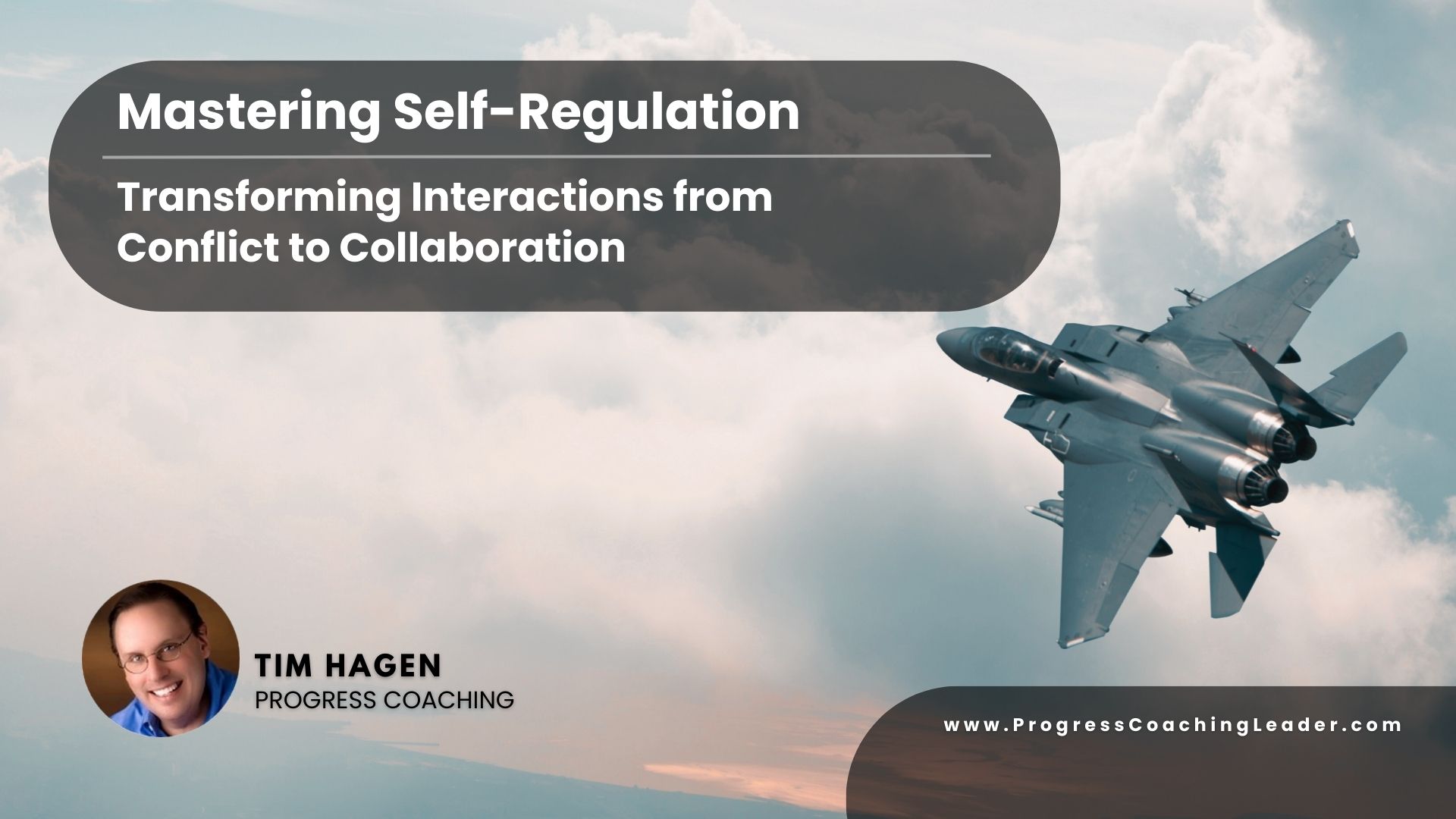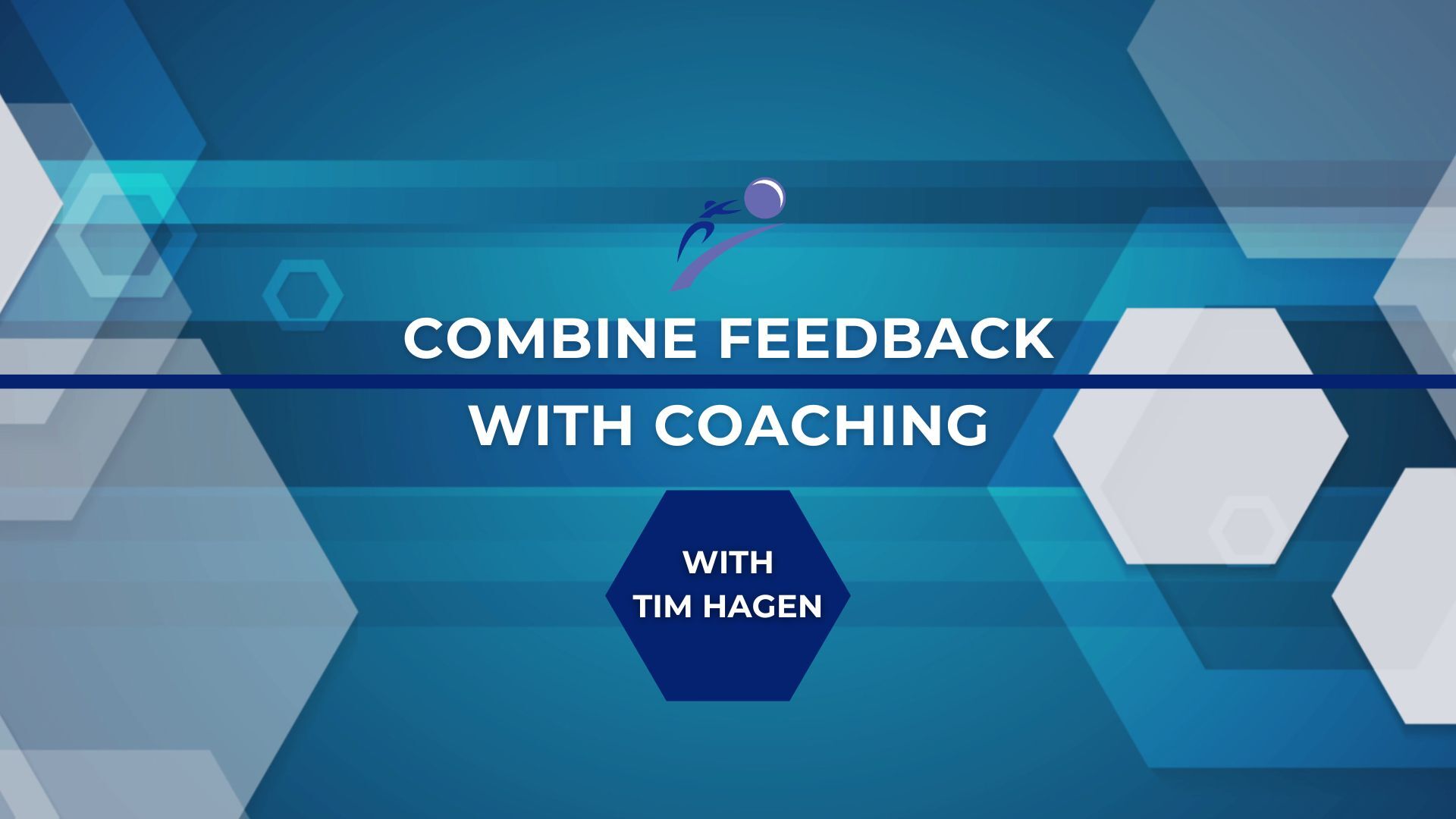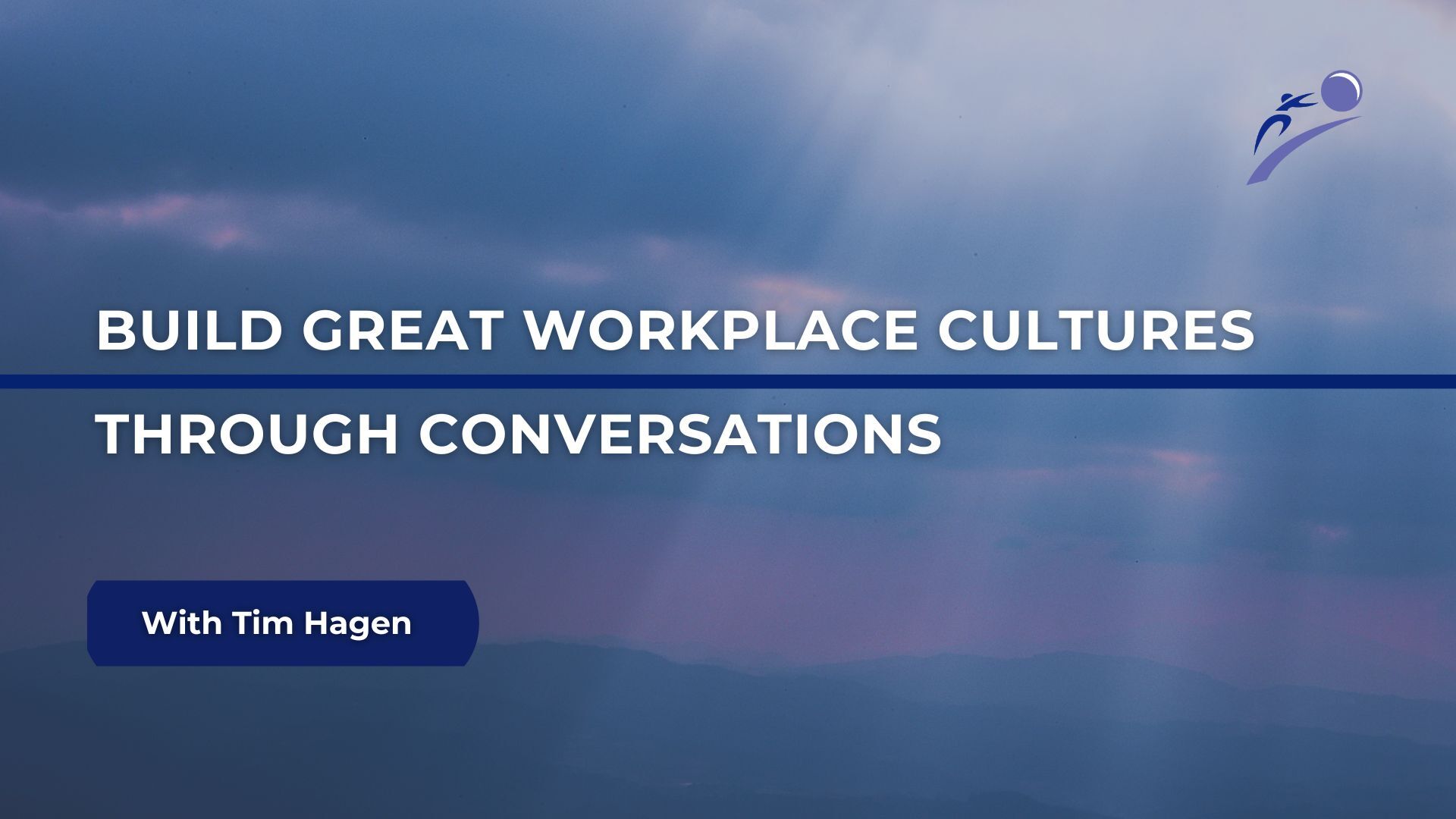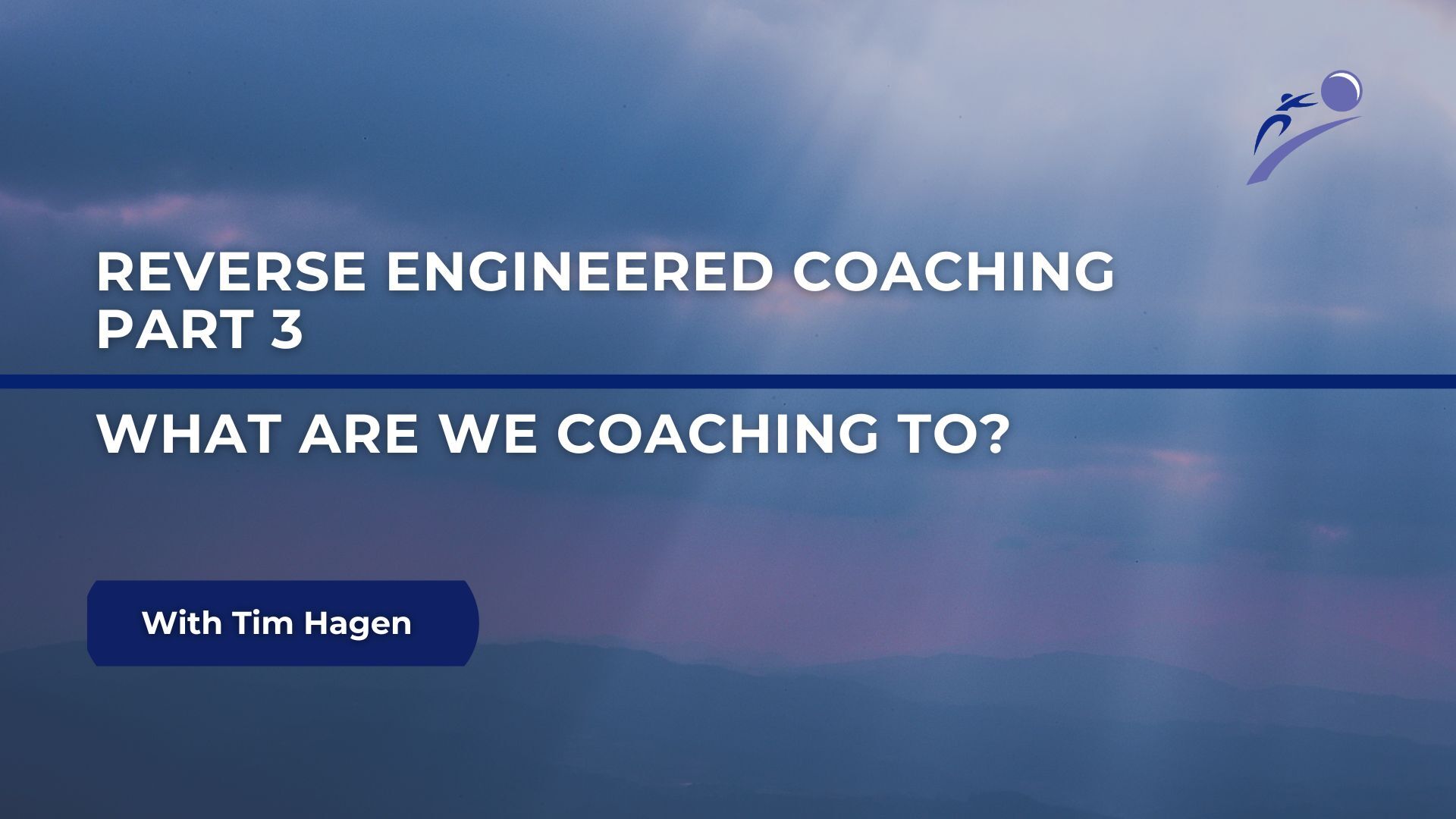Ever found yourself wishing you could have a redo on a conversation gone awry? You're not alone. We unveil the power of self-regulation, a pivotal component of emotional intelligence that often doesn't get the spotlight it deserves. Here is the art of managing disruptive impulses and the transformative impact that pausing to think before we act can have on our interactions.
From heated debates to high-stakes negotiations, we explore how mastering self-regulation is key to maintaining composure and fostering constructive dialogue. We highlight the point with a riveting story shared by a client who navigated a tense departmental clash amidst the pandemic. Discover the unlikely peacemaker they used, prompting a shift from confrontation to collaboration.
This will arm you with actionable strategies to cultivate and sustain this critical behavior. Read how you can nurture patience and perspective, leading to more fulfilling and positive engagements in both your personal and professional realms.
The next form of emotional intelligence is self-regulation.
Self-regulation is the ability to control and manage disruptive impulses and moods. Specifically, the ability to suspend judgment and to think before acting. Doesn't that sound nice?
I make this joke often: ask a Republican and a Democrat in the United States to sit together and have a calm lunch, but make sure you explain all of your views. You can imagine the exchange, right? When we're in the moment, it's tough. We're not rational, logical beings. We're typically emotional beings. When somebody is in an argument, what happens when we have a disagreement? Has it ever calmed any of us down? Nope. It typically gets our blood boiling, especially if it's something passionate or near and dear to us.
Think about something right now where you look back at a recent tough interaction and realize, "Wow, I was really unfair." Spoiler alert: we've all done it.
I want to share with you a very quick story. I had a client during the pandemic who managed two departments that were not working well together. This company made disinfectant wipes. They were doing well. They had a lot of work. But the minute these two departments started talking, it turned into an argument every time. He asked me what he could do.
He came up with a solution which I thought was brilliant. He played a video to tug on their heartstrings. The video highlighted a young man with Downs Syndrome, who was a basketball manager for his high school team. The team put him in the last game of the year and let him play. This guy had both departments watch it. Then he said to everyone, "Think about this family. In theory, their pandemic never ends. They've got to worry about how they will take care of their son for the rest of their life. Yet, we're sitting here complaining we're overwhelmed with work. What a great privilege. But do we really have it that bad versus the rest of the world?" Then, he gets up and walks out of the meeting.
A short while later, two guys from both departments came to his office and said, "We don't want you to come to the meetings anymore. We're going to work through this. You are 100% right. The minute you left we started to talk about the issues. After you played that video, it gave us perspective, and we calmed down, and we calmly went through the issues. We've come to a reconciliation on some of our challenges."
The manager called me and said it was amazing. Now, he had to nurture the behavior. Those challenges were going to continue to creep up, and he needed to manage them.
We all need to practice self-regulation.
SUPPLEMENTAL COACHING IDEAS FOR SELF-REGULATION
-
Share the definition of self-regulation (the ability to control and manage disruptive impulses and moods; the ability to suspend judgment and to think before acting). Then ask the person you're coaching to rank their strengths to their weaknesses in order related to self-regulation. Ask them to write down what they're going to do specifically to support their strengths, and what they're going to do to raise their lower-ranked areas.
-
Assign a mentor or a peer-to-peer coach whom they can discuss and practice with. The mentor will serve the role of advising and continually supporting the application of self-regulation.
-
Take an emotional intelligence assessment (a great one from the Multi-Health Systems) to provide insight and accuracy in their emotional intelligence areas. Review the report together and see which areas need greater focus.
-
Ask the person you're coaching to read Emotional Intelligence in the Workplace by Mark Craemer, and ask them to journal what they are learning about themselves after every chapter.
Looking for a quick boost to your coaching and leadership game? We're offering a FREE COURSE to help leaders enhance their coaching abilities with
Lead with Impact: 6 Steps to Building a High-Performance Coaching Culture in Your Organization
This is a 7-day course with video lessons sent to your email throughout the week. You can watch the recorded lessons on your own time at your own pace.
Access the free course here: https://upvir.al/156009/lp156009





